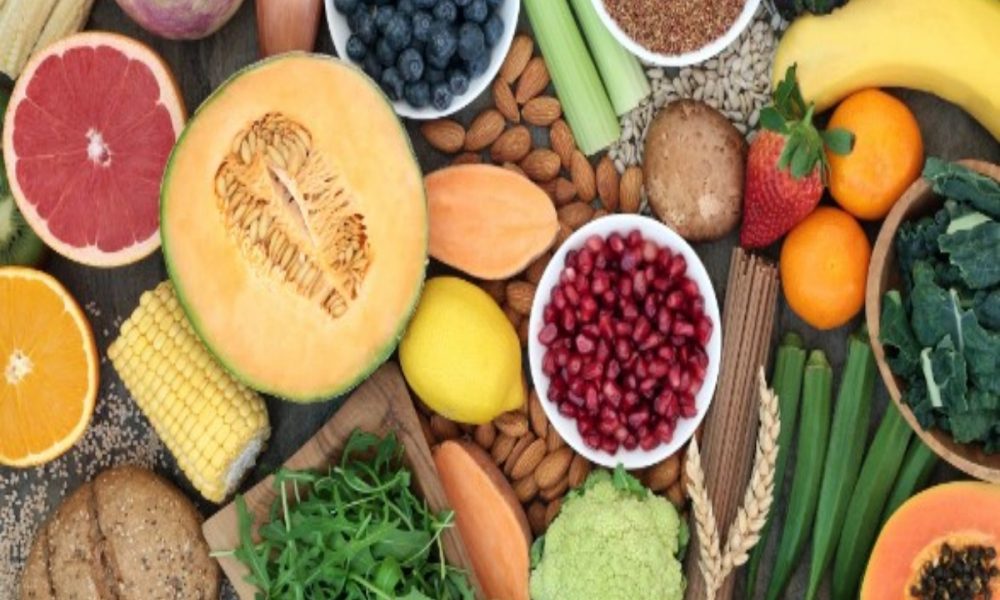
New Delhi: To begin eating healthy, you don’t need to wait till you’re expecting. In actuality, eating healthily before getting pregnant can help increase your fertility, lower your risk of birth defects like spina bifida, and even lessen your risk of having preeclampsia during pregnancy.
As well good? Increasing your current diet will make the transition easier once the baby is on board. To plan your meals, go to this nutrition manual. Important nutrients to consume while attempting to conceive.
You will require a variety of nutritious foods as a pregnant woman, such as:
1. Folate/folic acid:
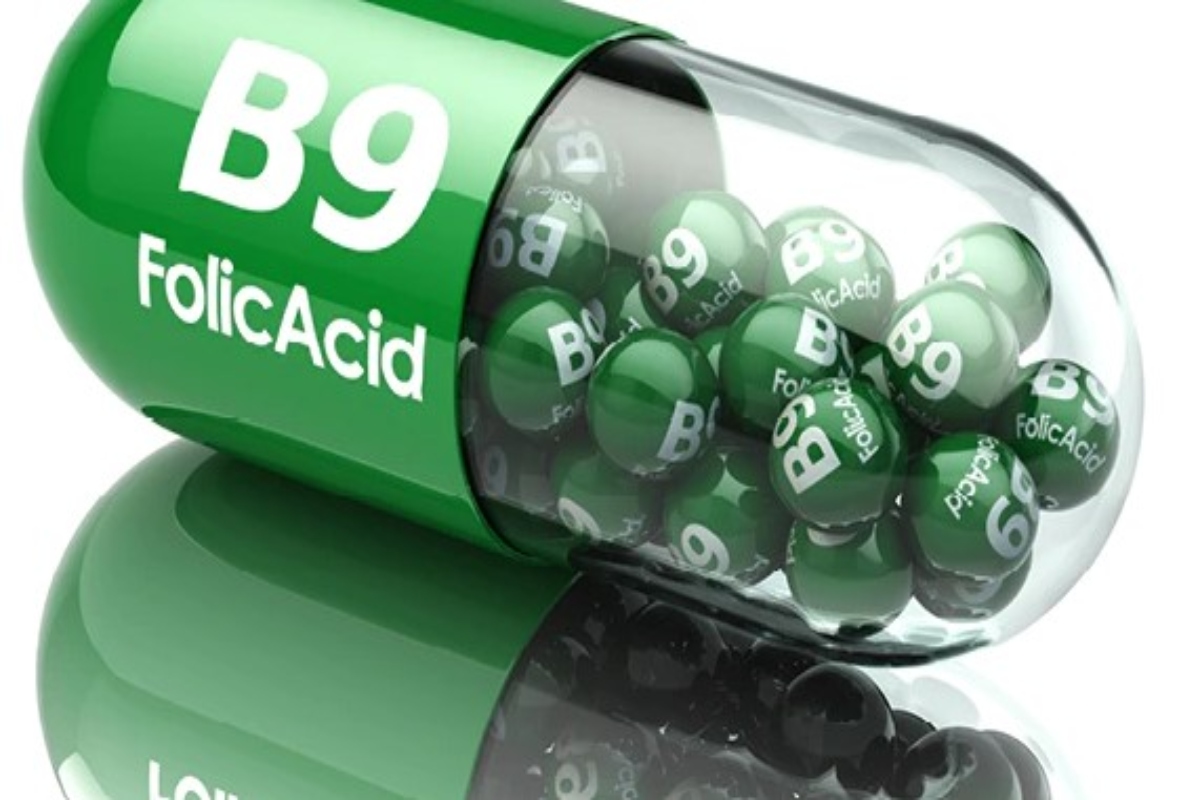
One of the most crucial vitamins you can take before (and during) pregnancy is this B vitamin (B9). Before becoming pregnant, women are advised to take 400 micrograms (mcg) of folic acid daily for at least one month, according to the Centers for Disease Control and Prevention (CDC). Folic acid is not only essential for the development of healthy cells, but it can also lessen the risk of birth defects including spina bifida and anencephaly.
2. Calcium:
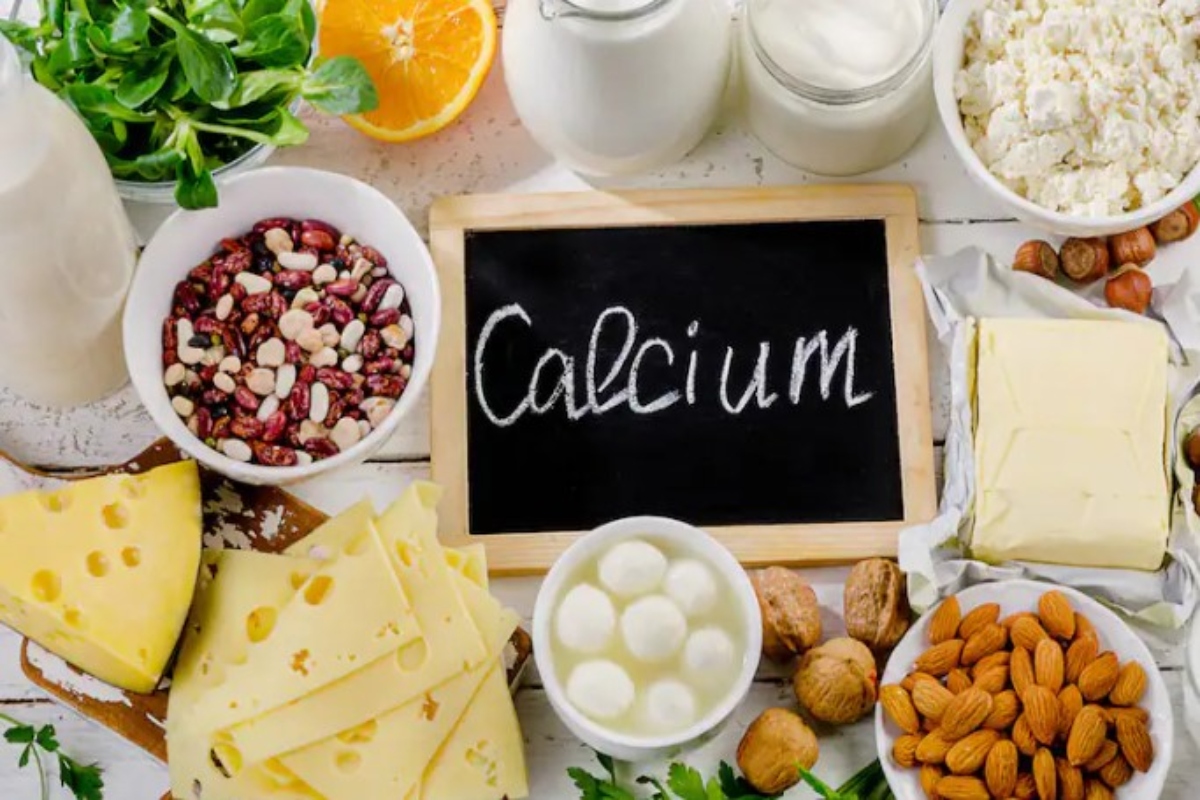
Calcium helps you conceive more quickly and maintains your reproductive system running efficiently. It’s crucial to stock up now because your baby’s future dental and bone health and development depend on a steady supply. Your body will take calcium from your bones and provide it to the developing baby if your levels are low while you are pregnant, which could increase your chance of getting osteoporosis (brittle bones) later in life.
3. Iron:
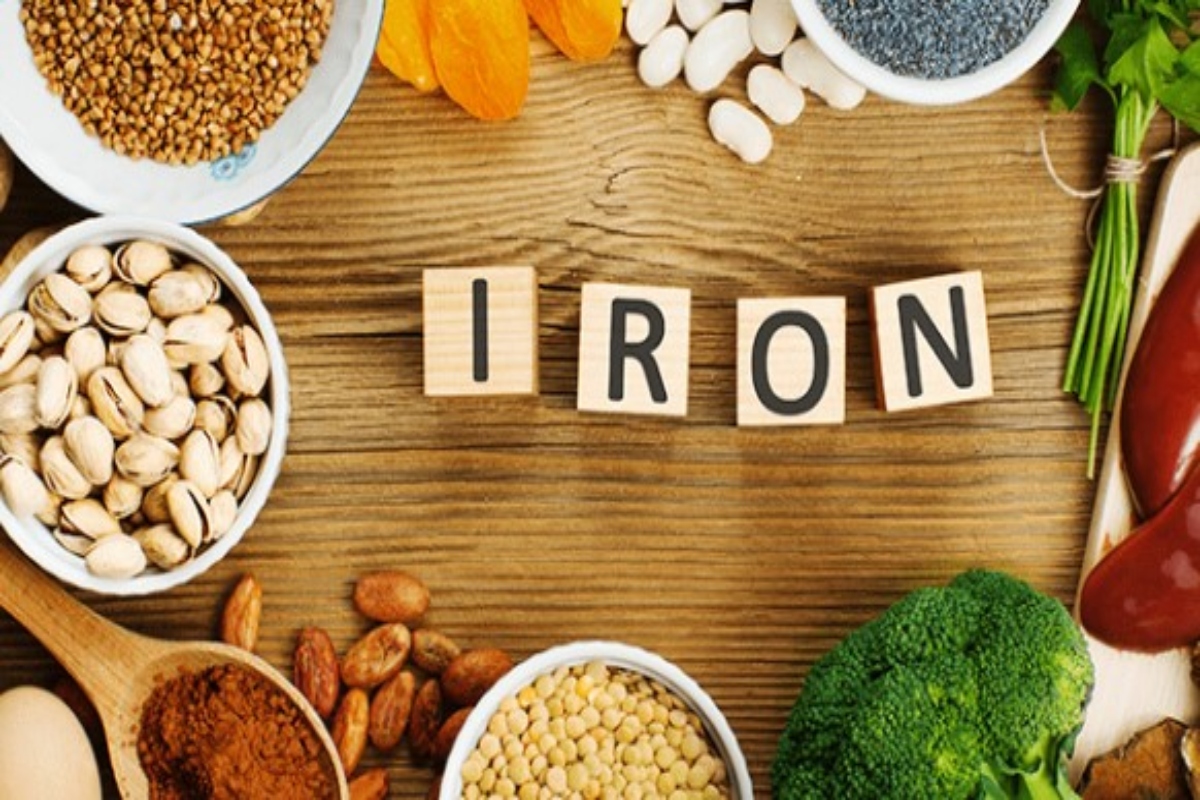
The mineral, which transports oxygen throughout your body, will be crucial for providing oxygen to your unborn child as well. Ask your doctor if you should be tested for an iron deficit if you’re due for a preconception exam; a shortage in iron raises the possibility that your unborn child will be underweight or born prematurely. The average woman needs 18 mg of iron each day, but after you become pregnant, you’ll need 27 mg.
4. Fatty acids omega-3:
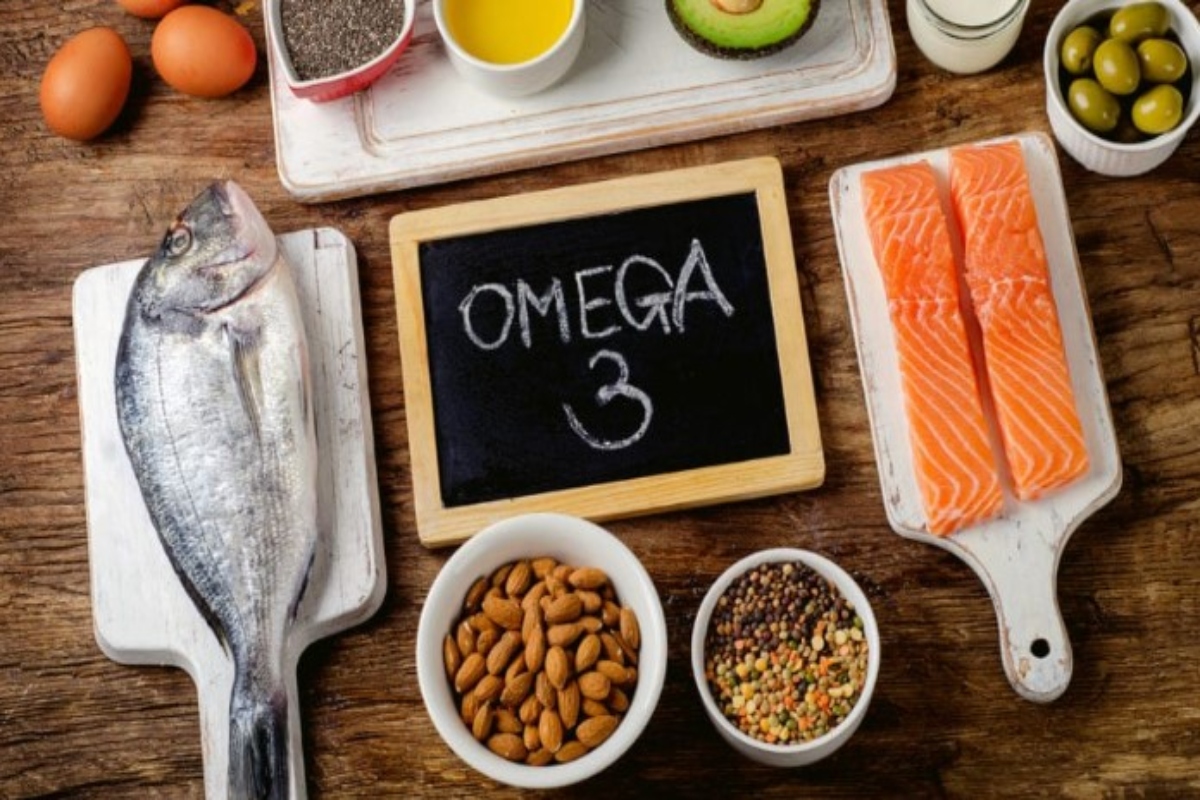
You might need to eat more of this particular fat before getting pregnant. This is due to the possibility that omega-3 fatty acids can control important ovulation-inducing hormones and improve blood supply to the reproductive system. Additionally, it’s a good idea to reduce your intake of saturated fats, which are present in foods like butter and red meat, as well as trans fats (found in processed foods like chips and cookies).
5. Fiber:
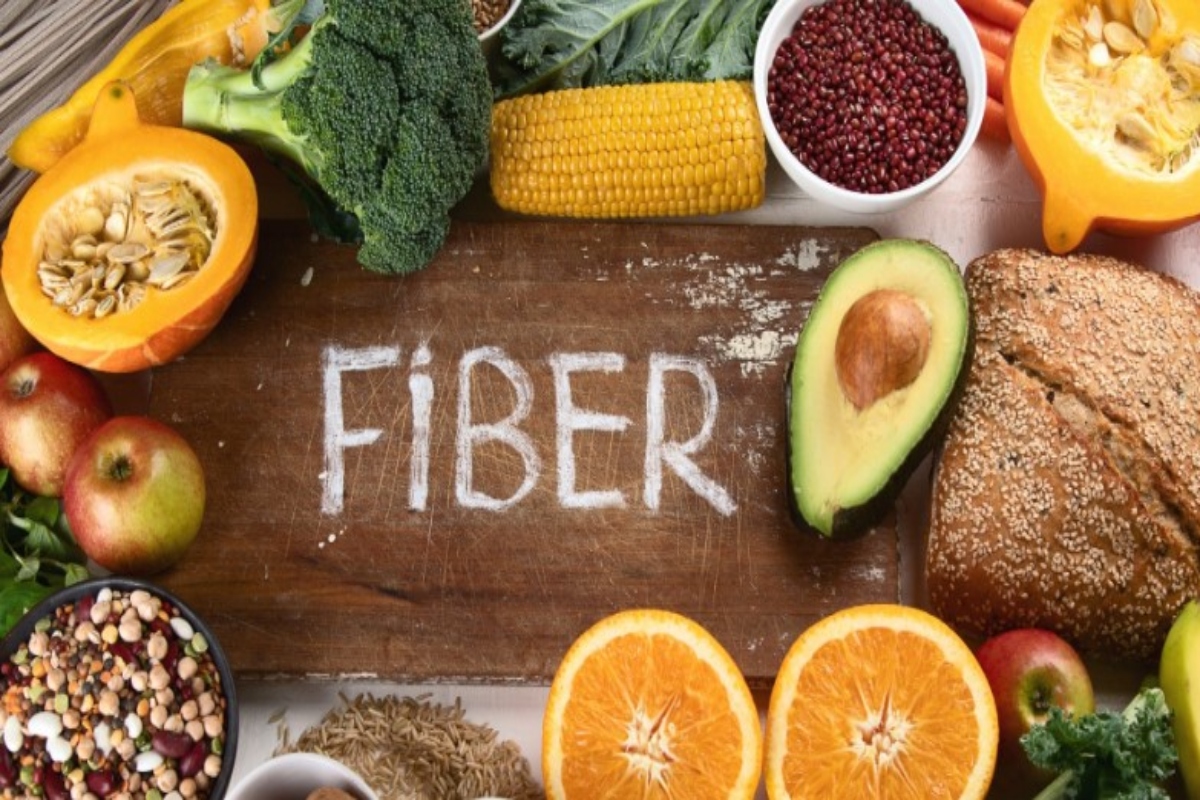
Increasing the amount of complex, slowly absorbed carbs in your diet will help you feel fuller for longer. Additionally, increasing your daily fibre intake by 10 grammes may reduce your risk of getting gestational diabetes by 26% if you’re going to become pregnant.




